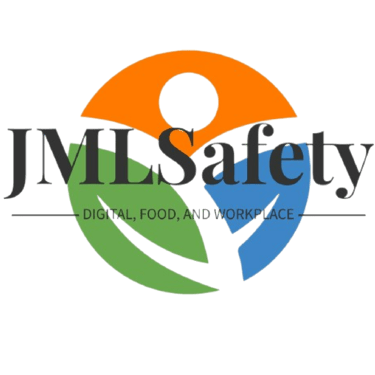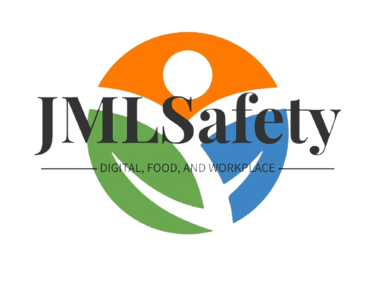👷 Worker Protection Standard (WPS): What You Need to Know
The Worker Protection Standard (WPS) is a critical regulation to protect agricultural workers from pesticide exposure. This article breaks down annual training, PPE use, hazard communication, and compliance requirements.


Worker Protection Standard (WPS) Compliance in Washington State
The Environmental Protection Agency (EPA) Federal Worker Protection Standard (WPS) is enforced in Washington State by both the Washington State Department of Agriculture (WSDA) and the Department of Labor & Industries (DOSH/L&I). While the rules enforced by these agencies are largely the same, the enforcement agency may vary depending on the situation, in line with both state and federal law requirements.
Key Requirements of the Worker Protection Standard (WPS)
The WPS outlines a series of requirements designed to protect agricultural workers and pesticide handlers from pesticide exposure. Key elements include:
Annual Training: Both workers and pesticide handlers must receive training at least once every year.
Application and Hazard Information: Workers must have access to application and hazard information, including Safety Data Sheets (SDS).
Pesticide Safety Information: Employers are required to post pesticide safety information in a central location where workers can easily access it.
Emergency Assistance: Employers must provide clear guidelines for emergency assistance in case of exposure or accidents.
Personal Protective Equipment (PPE): This includes the proper use of PPE, including respirators, to ensure workers' safety.
Notifications: Employers must provide both verbal and posted notifications about pesticide applications in the field.
Information Exchange: There must be an exchange of information between producers and custom applicators regarding pesticide use and safety measures.
Decontamination Sites and Supplies: Employers must provide decontamination sites and the necessary supplies to ensure workers can clean themselves if exposed to pesticides.
Entry Restrictions: Specific restrictions apply to workers entering treated areas until the area is deemed safe.
Application Exclusion Zones: Zones must be designated to prevent workers from being exposed to pesticide applications.
Each of these points involves specific documentation and compliance protocols. While the full scope of these requirements can seem complex, it’s crucial to understand the details to ensure full compliance and to protect both workers and the environment.
JML Safety Services
JML Safety offers comprehensive WPS annual training and can help your organization meet the necessary compliance obligations. With our expertise, we ensure that your employees are well-informed and that your business is compliant with the regulations, keeping workers safe and protecting the environment
Disclaimer: The information above is for educational purposes only and should not be used as the sole reference for compliance with any regulations or laws.


